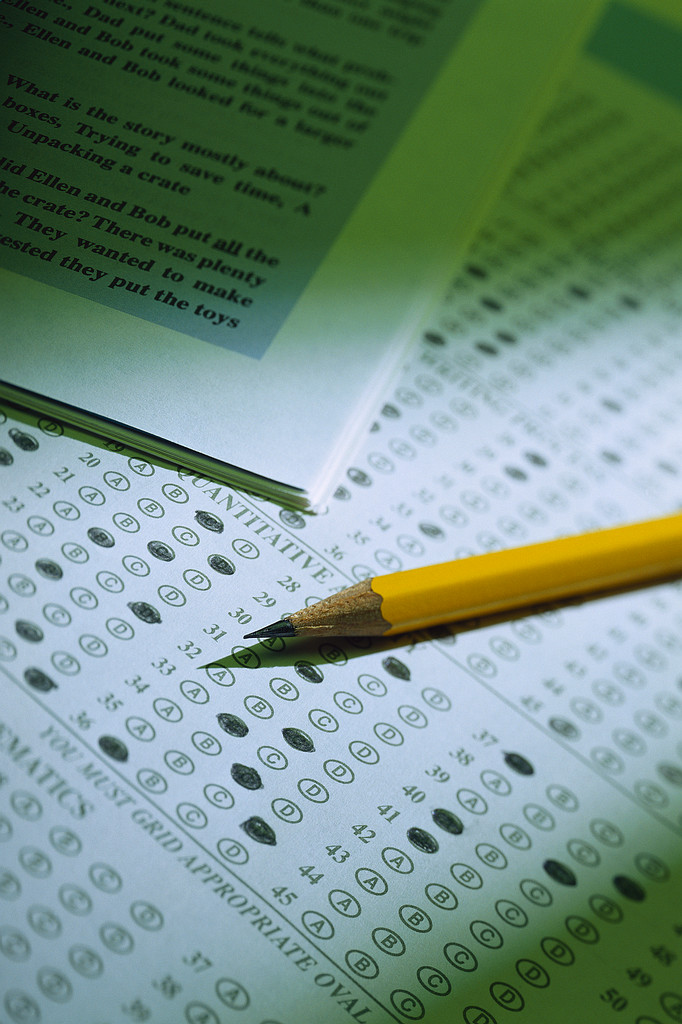Anger Management - The IMAGE Program (Informing you how to Manage your Anger through Glass House Education). A (13) week psychoeducational group designed for adults (18+), who have difficulty controlling and expressing their anger. Clients are motivated to examine the internal and external consequences of their anger responses. Members are taught new coping skills that are designed to promote self confidence, self expression, and self respect. The group focus is on identifying and changing irrational beliefs that fuel emotions and direct behaviors. Role plays are used to develop an assertive approach to problem solving by members expressing thoughts, feelings, and desires objectively without threats or intimidation. Stress management is emphasized through progressive muscle relaxation, meditation, guided imagery, and breathing techniques. This program uses a cognitive behavioral modality which is effective in addressing the issue of anger.
Juvenile Anger Management - The JAM Program (Juvenile Anger Management), was developed in 1998 and is unique to Broward County. The (16) week design of the program is innovative and specialized for the specific treatment of anger management. This multi modal treatment intervention and prevention model was designed to address adolescent behavioral, affective, and cognitive issues. The goals of this intervention are to reduce anti social behaviors while promoting pro social skills. The treatment components of The JAM Program draw on several effective "Best Practices" models. These models were selected to directly address the issues faced by the participants.
The Batterers' Intervention Program - The (26) week Batterers' Intervention Program (BIP), is a psychoeducational program that provides the participants with information and practical tools to change those values, beliefs, and behaviors which provide the foundation for their use of violence. The Power and Control Wheel presents the primary tactics and behaviors abusers use to establish and maintain control in their relationships. Battering is an intentional act used to gain power and control over another person. Physical abuse and sexual violence are part of a system of abusive behaviors which abusers use against their partners.
Addictions Program - The GAP Program (Glass House Addictions Program), is a structured outpatient substance abuse program designed to provide intervention to participants suffering from addiction. The GAP Program consists of three components. The GAPI is a four week assessment and evaluation program constructed to explore the consequences and dynamics of addictive behavior. GAPII is a twelve week therapeutic program with the primary objective focusing on thoughts, feelings, and behaviors, in order to provide the necessary coping skills to facilitate sustained abstinence. The GAPIII program is a relapse prevention program designed for individuals who have completed the GAPII program, but continue to relapse.
Teaching GRACE, The Parenting Program - The (12) week Parenting Program was developed as a direct result from the work being done at The Glass House. Our extensive domestic violence program has enabled us to see the full cycle of intergenerational abuse and violence. Through working with these families specific parenting issues and concerns became apparent. High conflict parents required an intensive and comprehensive curriculum that addressed the physical, emotional, and psychological impact the abuse and violence has on children and the family unit. This program does not assume that all parents are physically abusive with their children. This programs primary focus is on the child throughout the program.
Psychosocial Evaluation - Typically administered by a licensed mental health counselor, it is an evaluation which takes into consideration the influence of sociocultural variables. This evaluation will include client support system, history of substance abuse, mental disorders, criminal record. This evaluation is usually court ordered, and takes about an hour and one half to administer. This evaluation is not intended for diagnostic purposes and should not be confused with a Psychiatric Evaluation or a Psychological Evaluation.
 | ||||||






